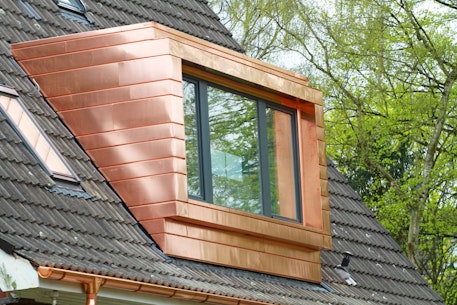- Fully qualified & insured teams
- Free site assessments
- Rapid response
- Rated Excellent
How To Protect Your Property From Metal Theft
The challenges faced in the UK due to metal theft are becoming increasingly significant. It severely impacts the power, transport and telecommunication sectors, as well as affecting national heritage sites, churches and vacant properties.
According to figures from the Home Office, at its peak, metal theft was estimated to cost the economy £220 million per year. In addition, the theft of copper cabling from the railway network in one year alone is estimated to have cost £16 million – not to mention the major disruption to passenger journeys it causes.
What is the Government doing to prevent metal theft?
The Scrap Metal Dealers Act 2013 introduced stricter regulations on metal recycling such as licensing and ID requirements, and preventing the purchase of scrap metal for cash, making it harder to dispose of stolen metal.
In 2017, a review by the Home Office found that there was 75% decrease in metal theft and deemed the Act to be a successful deterrent.
Critics warn that these figures are misleading as they only show the incidence of metal theft is decreasing – not the severity.
British Transport Police data shows that in 2018 cable theft has increased by 76%, equating to a theft every day – just on the railways alone.
The Church’s official insurer, Ecclesiastical, has also warned that the Act is failing to protect heritage buildings from thefts by organised crime gangs. In some audacious cases thieves have even made off with entire church roofs.
It is widely felt that the enforcement measures set out within the Act are not being used effectively leaving criminal gangs free to operate at large.
Is my property at risk from metal theft?
It’s not just infrastructure and heritage buildings that are at risk of metal theft. Homes, business premises or outbuildings containing metal fixtures or fittings, which are left unoccupied or unsecured, are also vulnerable to this kind of criminal activity.
The metals most commonly stolen are copper, aluminium, brass, lead and bronze. Metal-framed windows, roofs, copper rainwater pipes, iron gates, and even manhole covers are all valuable items and can mean high rewards for thieves.
As the value of lead and copper continues to rise it is also fair to assume that that volume and severity of metal thefts will also increase.
How do I prevent metal theft?
Here are some simple ways you can keep your property secure.
- Consider your existing security measures. Is your intruder alarm and CCTV system in full working order and does it provide adequate coverage?
- Dusk till dawn security lighting is highly efficient and low-energy providing an even spread of light. Motion sensor lighting is also an option, which operates by sensing movement and triggering an infra-red detector to cast light over the area.
- Is your property perimeter secure? Regularly check for holes or weak spots that could help someone gain access to your property. If it is unoccupied, consider boarding up windows and doors to create a physical barrier.
- Keep vegetation, trees and other greenery cut back to maximise the level of natural surveillance. This also makes it difficult for intruders to hide on your property. It is also worth considering planting prickly shrubs or hedging around your perimeter to make a barrier that it is difficult penetrate.
- Keep gates locked and restrict vehicle access to your property to make it harder for thieves to transport metal away. Garden sheds and outbuildings are often full of metal-ware such as ladders and wheelbarrows so use padlocks or chains to secure them.
- Do not give intruders the means to gain easy access to your roof or upper storeys. Remove water butts, wheelie bins and garden furniture which could unwittingly aid unwanted entry.
- Apply an anti-climb paint to drainpipes and guttering to make gaining access difficult for offenders. Remember this must be applied, and accompanied by clear signage, in compliance with the Occupiers’ Liability Act 1984 and the Health and Safety Act 1974.
- Catalytic converters on cars – especially 4x4s – are a popular target, so if you see people looking under cars report it to the police.
- Be a good neighbour and encourage others to remain vigilant. Consider joining a local Neighbourhood, Business or Farm Watch scheme where members share information and intelligence with each other.
- Mark your metal goods with forensic security-marking products, which can link thieves to a crime scene. Signs that warn that forensic marking is in use are a good deterrent and should be prominent displayed.
If you have a vacant building at risk from metal theft, contact our team for a no-obligation chat to discuss your security options.
Request a free no-obligation quote
We respond in under 30 mins on average (excl. weekends)
